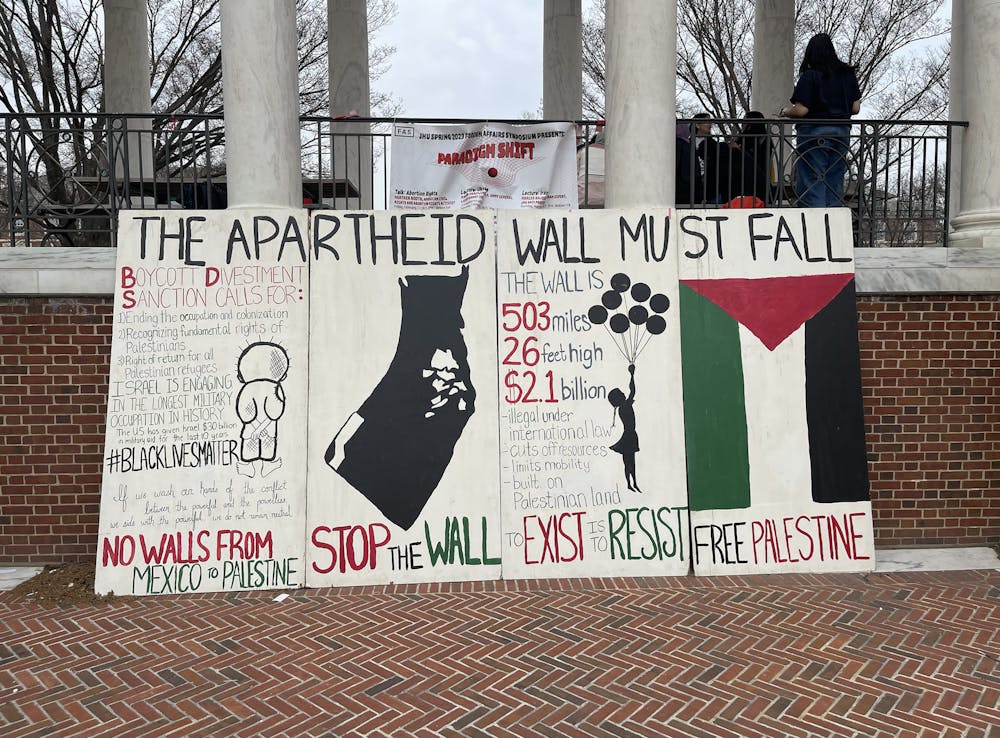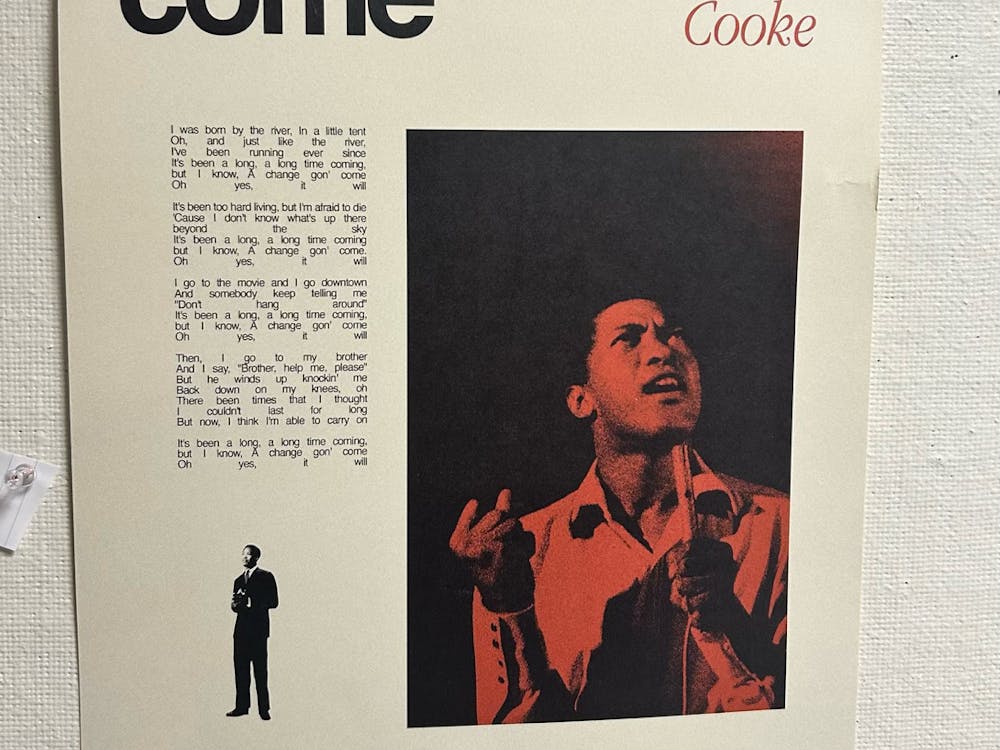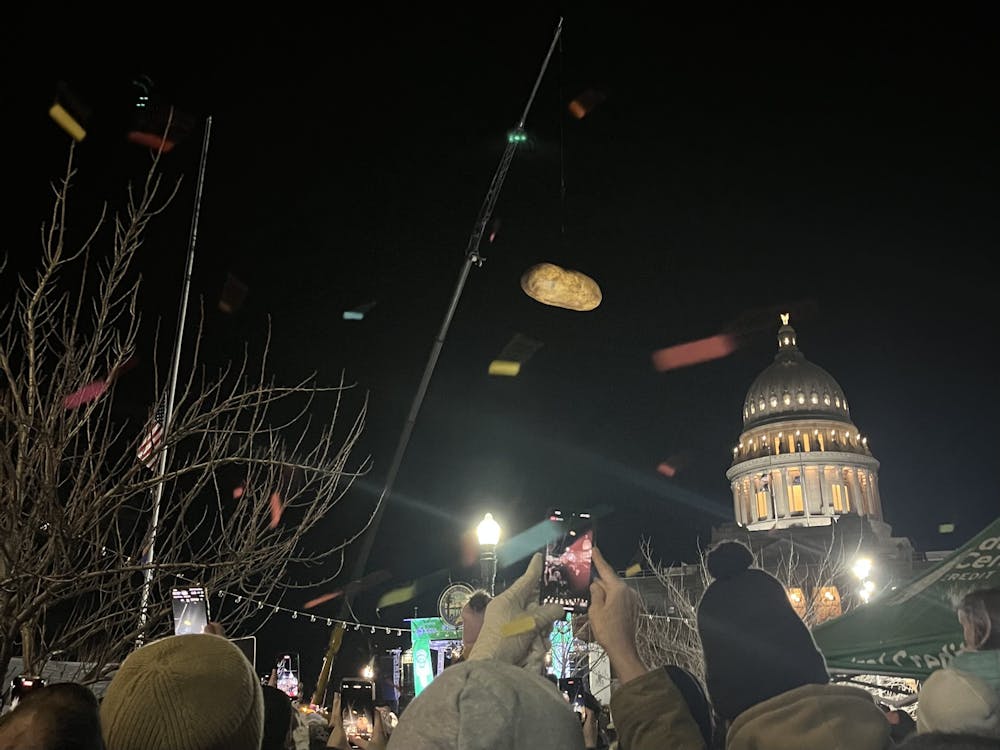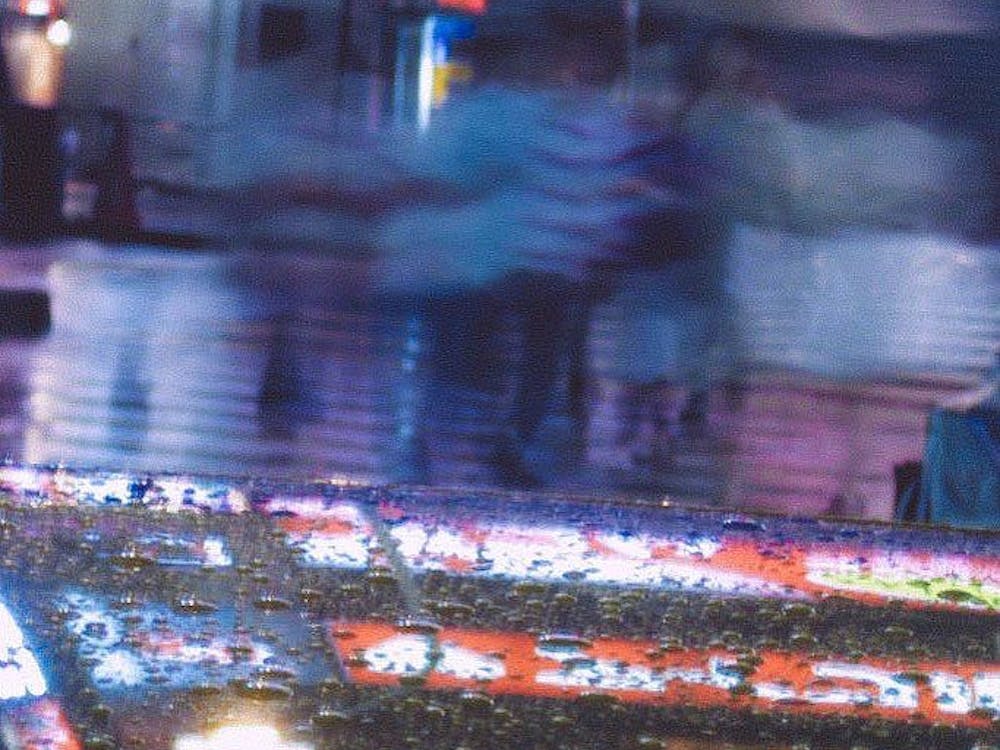People notice the flashy moments of activism the most: the massive protests, the inspiring speeches and the ratified legislation. Activism is much more than that. Sometimes activism grows through spontaneous spurts of growth, and other times, its roots take time to spread. It's kept alive through the cultivation of continuity through tough moments of growth and active moments of flourishing.
The University’s chapter of Students for Justice in Palestine (SJP) fits this narrative. SJP is a national student movement advocating for Palestinian liberation and drawing awareness to the plight of the Palestinian people under Israeli occupation.
This year marks the University’s SJP’s 10-year anniversary. Since its founding in 2013, the organization has had a resilient history filled with ups and downs. SJP has been a voice advocating not only for the Palestinian cause but also for all those who are oppressed on campus. The organization has had two focuses: education and direct action.
On the education side, SJP has hosted teach-ins, invited speakers and shown films centering on the Palestinian cause. Their film screening of 5 Broken Cameras showed a Palestinian farmer’s documentary detailing the encroachment of Israeli settlements in his West Bank village. SJP has hosted speakers ranging from local figures like Mark Gunnery, a local activist and member of Jewish Voice for Peace, to national figures like Laila El-Haddad, an award-winning author.
On the direct action side, SJP has held many events. One example is their “die-in” in 2014, a collaboration with other Hopkins organizations to raise awareness of the bombings and killings in the Gaza Strip.
In 2015, SJP and Hopkins Feminists staged a walk-out during a Milton S. Eisenhower Symposium (MSE) event in protest of Speaker Alan Dershowitz, who is known for making anti-Arabic and misogynistic statements. Student activists carried signs that read, “You Are Rape Culture” and “Stop Supporting Apartheid.”
One of the most impactful eras of activism at Hopkins was in 2019 during the Garland Hall sit-in, in protest of the proposed Johns Hopkins Police Department (JHPD). The sit-in, hosted by organizations including Students Against Private Police, not only protested the private police force but also presented ways that police violence interconnects with many other social issues. SJP presented a workshop on anti-Zionism in leftist movements and another on the Palestinian art of embroidery, tatreez.
Although these events show SJP’s power, they also illustrate a barrier to student organizing — discontinuity, which explains the sporadic moments of SJP’s activism work. Discontinuity occurs because of the quick turnover of students on campus, which prevents organizing efforts from being consistent.
Currently, SJP is not a registered student organization, but a group of students is working on reestablishing it. This moment is what is not always highlighted in organizing: the quiet eras in between the loud events. SJP’s current moment represents the slow moments of connection building that allow the continuation of any organizing movement.
One of SJP’s current leaders, Ghassan, using a pseudonym, has been active since his freshman year. In an email to The News-Letter, they discussed SJP’s rebuilding period and their view of political organizing.
“Fortunately SJP on campus is reaching a young college-aged audience who are the most passionate about social issues like Palestine,” they wrote. “An important thing is understanding the audience and knowing what’s effective to reach them... One of the goals of political organization is making the discussion of your cause commonplace in whatever setting you’re in.”
Throughout its campus history, SJP has accomplished just that — making discussion of Palestine commonplace. SJP’s quieter moments are not the only part that helped them accomplish this. Labwam and others attribute their successes to SJP’s past. That is part of why preserving organizing history is so important: To push for a better future, organizers must learn from their predecessors.
This feeds into a common thread throughout SJP’s history — that collaboration is essential. Partnerships with other organizers, like Palestinian leaders, Brown’s Black Freedom work, Hopkins Feminists and SAPP were necessary to push SJP’s movements forward. The University’s SJP needed the support of others to be successful, just as others needed SJP for the same reason.
What does this highlight? A joint struggle is necessary for the blooming success of any single freedom movement. It is important to acknowledge that the growing roots of one movement intertwine with the roots of others and that if movements want to win their own battles for liberation, they need to rely on each other.
Lubna Azmi is affiliated with Students for Justice in Palestine.
Editor's Note, 2023: A name has been removed to protect the person’s identity.





